The biological insufficiency of the human condition is the basis, according to some philosophers, of the great reversal which coincides with the subordination of nature to man. From it we can understand the motivations of the modern era with its primacy of science and technology as a theological drift. The technique has become the horizon of human self-understanding. This cognition may help us to interpret the nihilistic drift of our society, the discomfort of civilization within us, the signs of a dominant culture that is less and less connected to the spirit. There is no encouragement to understand whether it is the twilight or not. Hence the imperative search for a meaning and a sense that is a necessary means for living.
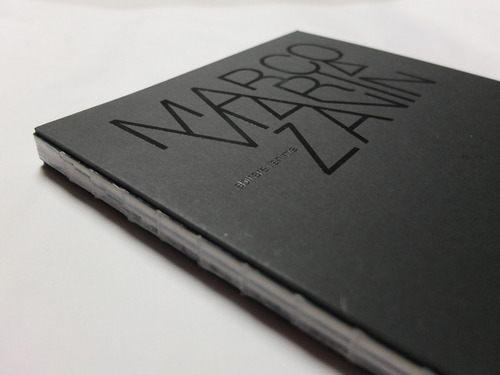
In observing the images collected in the monograph by Marco Maria Zanin, whose title ‘Inhabit the soul’ (in italian ‘Abitare l'anima) directs us in the right direction, I can not ignore what has so far been premised. Photography, when it puts us in relationship with the environment, to the point of de-contextualising its representation in order to decrypt it, then it becomes a philosophical practice through which to retrieve the “right measure” that is lost in the age of technique which has no purpose but only infinite progress.
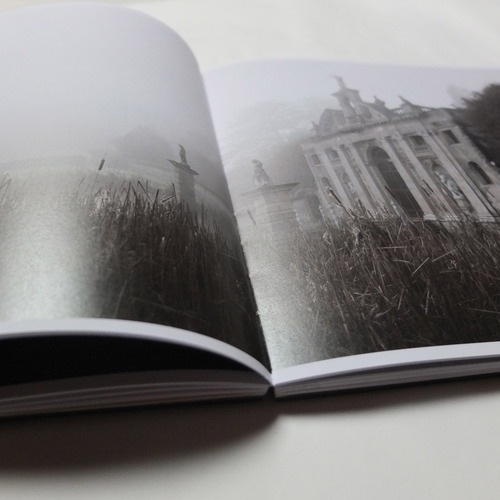
From here I start reading the journey of Marco Maria Zanin, which begins not surprisingly from the lost myth of the fertility of the earth. The “rural cathedrals” are symbolic manifestations of the abandonment of the qualities inherent in our relation with the land, including humility, that the author reminds us of its derivation from the Latin 'humus’, or the earth itself. In addition, this survey is carried out in an area where the split with rural memory was violent, brutal and indifferent. Consequently this left visible signs of a hasty and therefore oversized growth. The aesthetic appearance of the fog clears the field from disturbing elements and all of our attention focuses on this state of presence that is a past, a memory, and even a future not yet completely removed.
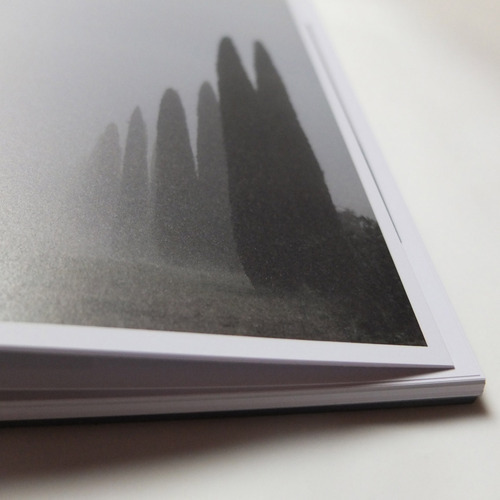
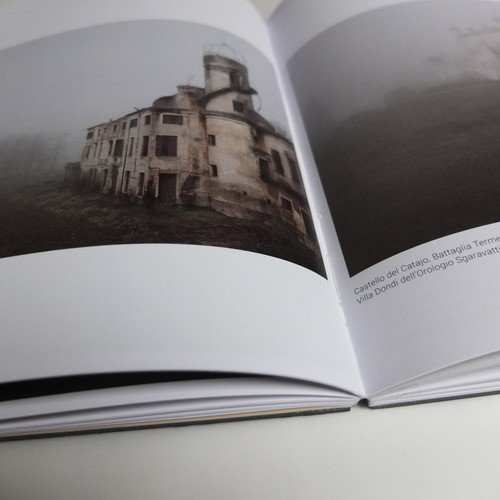
The book moves on to the Camino de Santiago where the author becomes aware of his own journey, and the slowness needed to make it authentic. It is as if the determination is not a sufficient means to reach a goal. There now is a need for effort to deepen and allow time for the fruit to ripen. And so it applies to the photography of Marco Maria Zanin, who for the last leg of this journey, in São Paulo, Brazil, turns it analog and heavy with the addition of a large format camera.
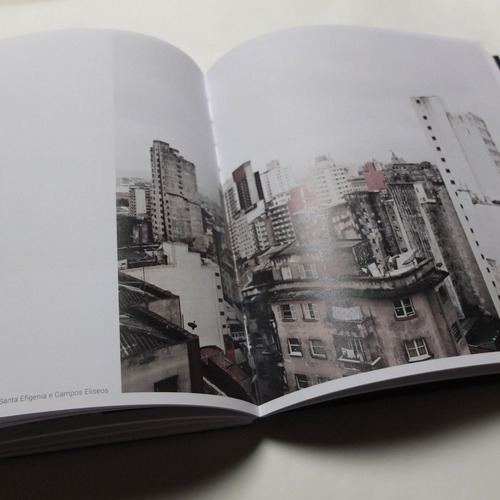
The metropolis of São Paulo is embraced by far, from the top, almost to win its subjection. It lashes out in its fullness, solidity and saturation to our eyes. It appears devoid of nature and the pale sky, like the mists of the plain, prevents a distraction and escape. Again Marco Maria Zanin is skilled in guiding the viewer, as if we almost want to reach out for an act of generosity that would facilitate the reading of his thoughts.
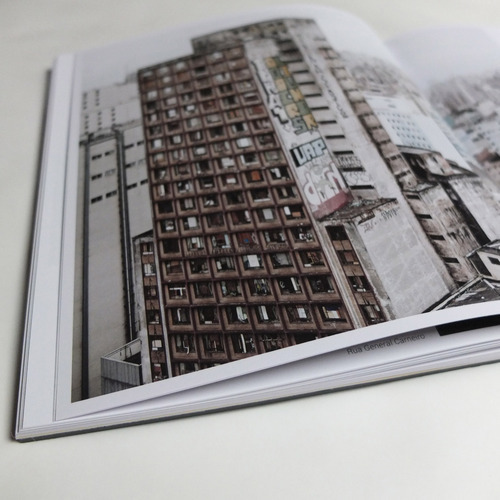
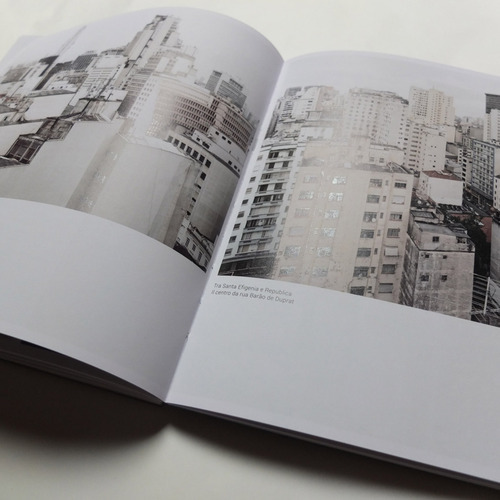
São Paulo, with its density that seems to have no end, embodies the utopia of the Enlightenment. The notion of individuality exported to the 'new world’ has found fertile ground. However the author while distancing himself from it shows us an infinitesimal humanity consisting of a multitude of individuals so small that they disappear. The individual who looks at the city as a place for its realization becomes invisible?
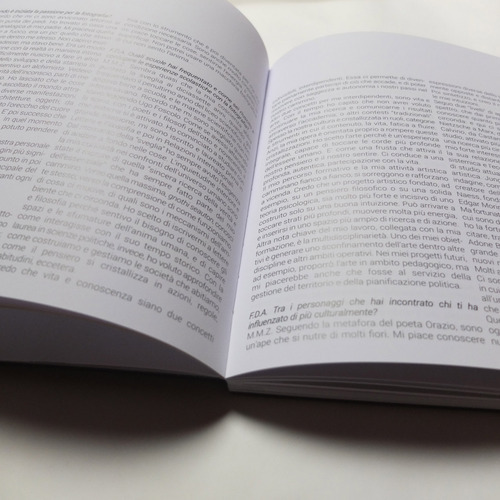
What offers further meanings in this book by Marco Maria Zanin are his words. They can not be synthesized without the expense of their existence. They must be read to be heard. The rediscovery of the language is perhaps our salvation.
---
LINKS
Marco Maria Zanin
Italy
share this page
